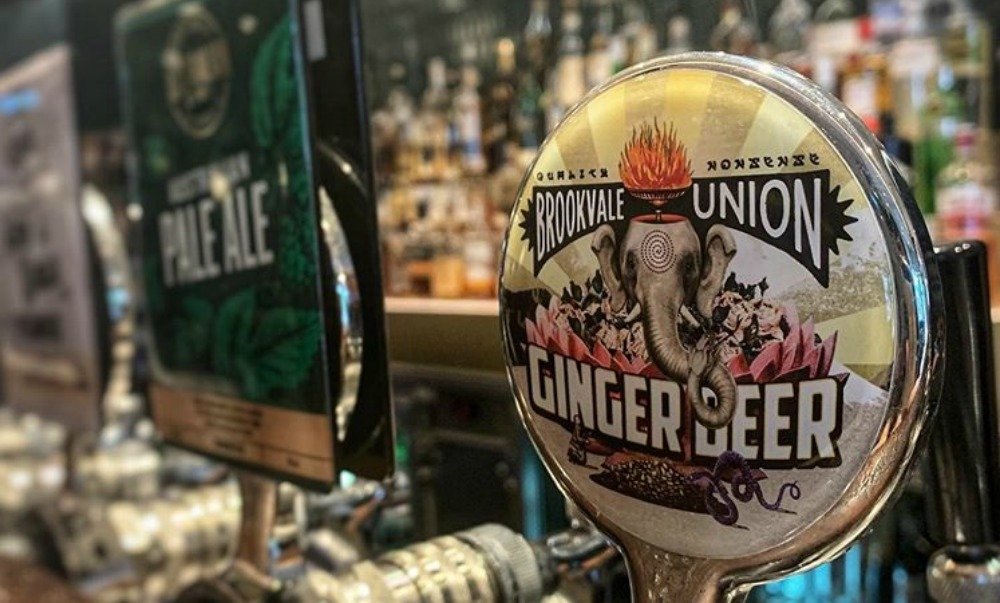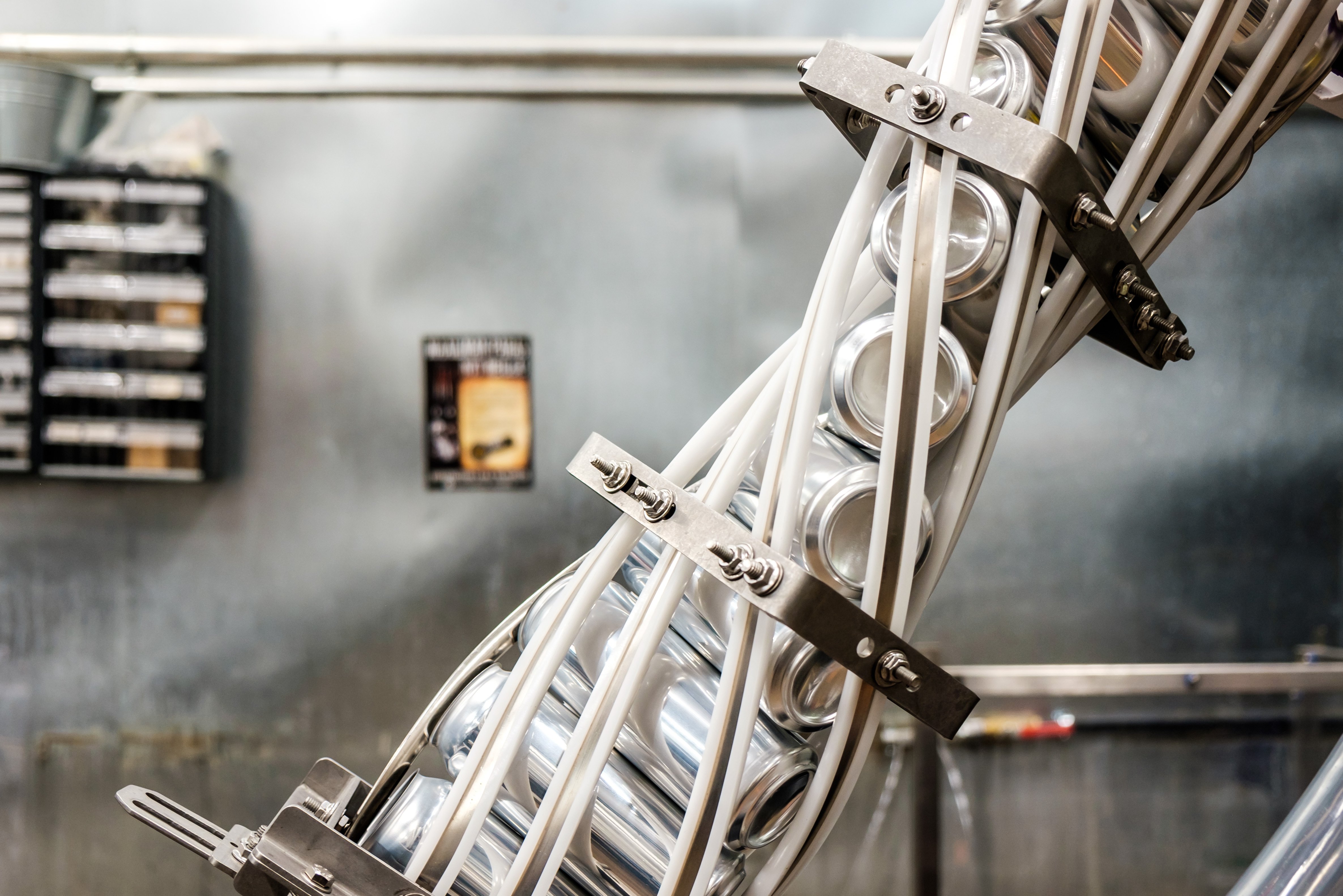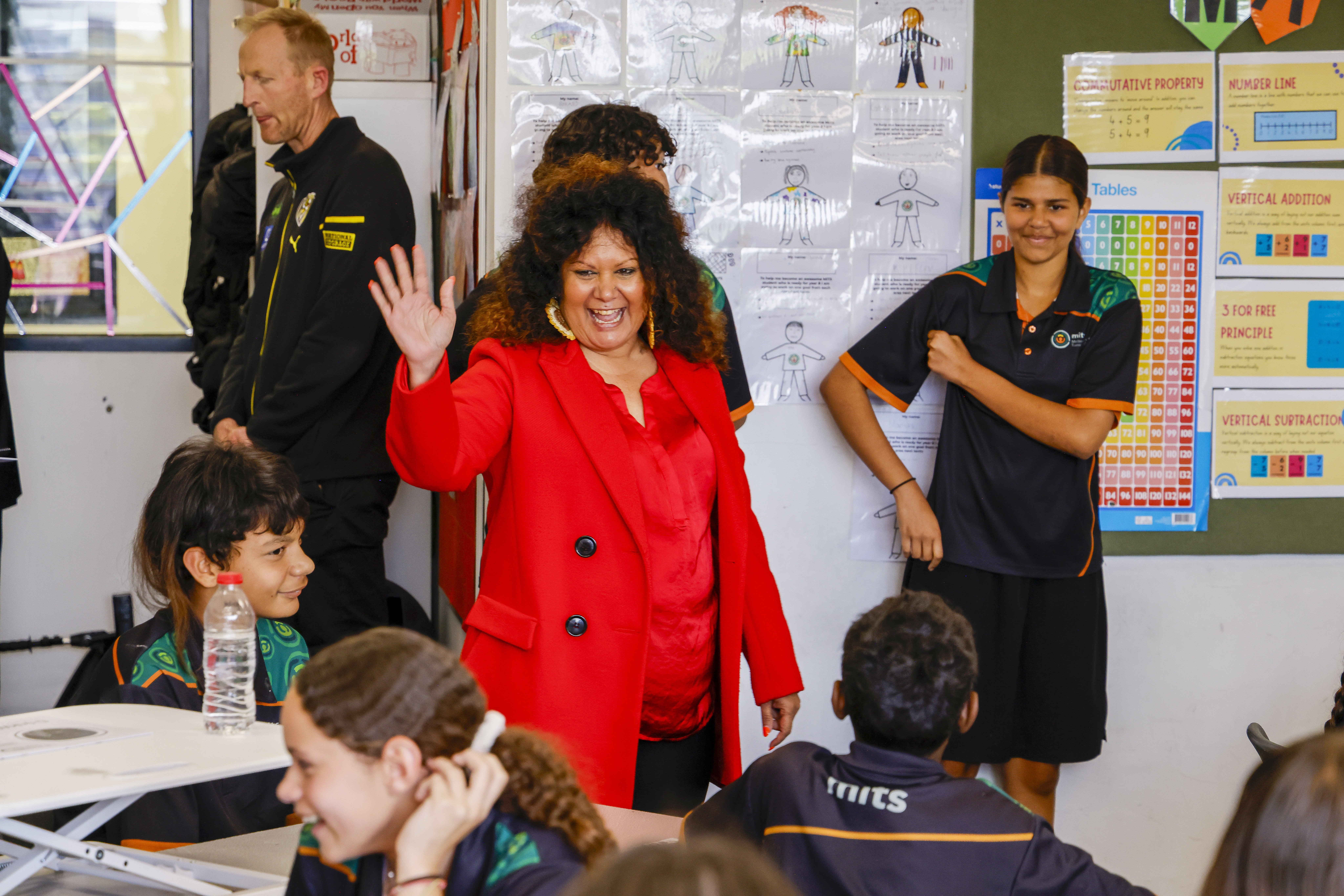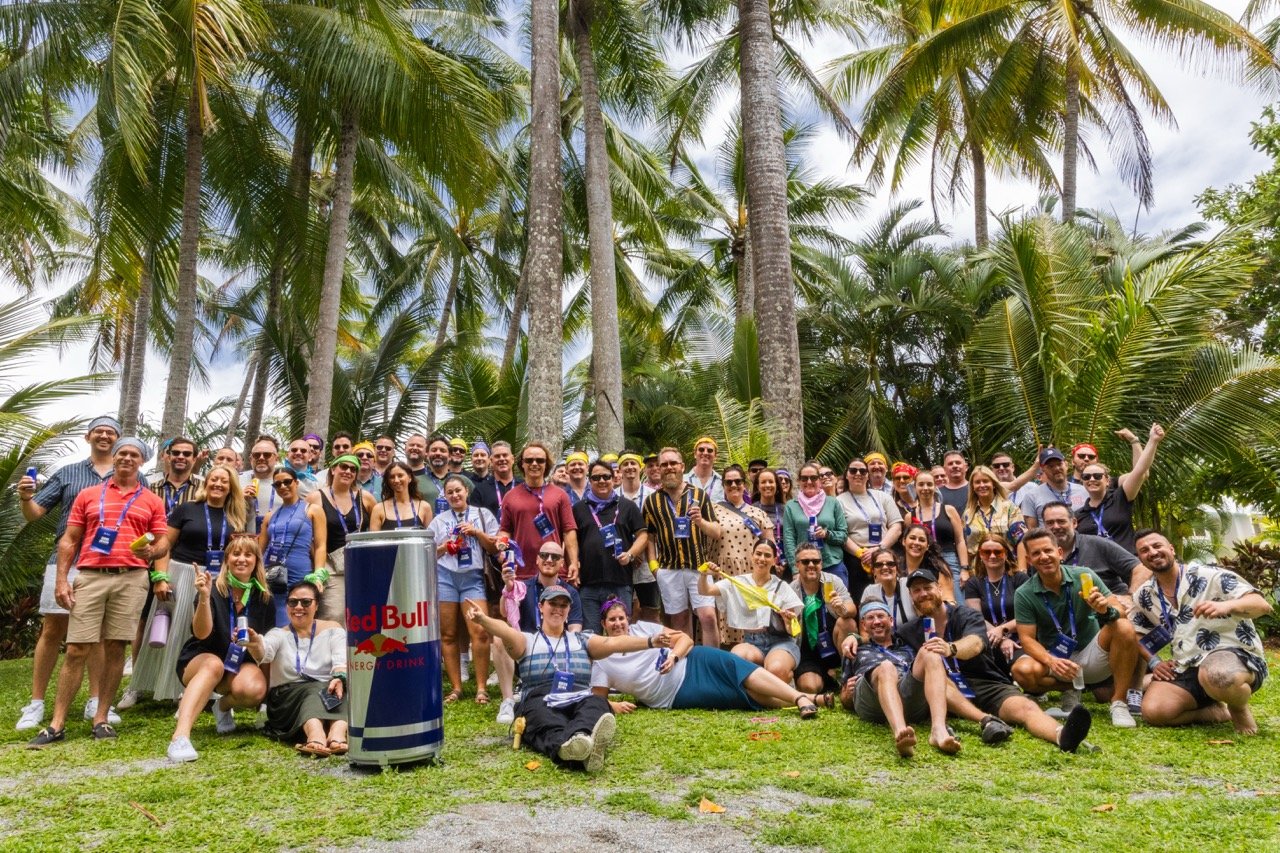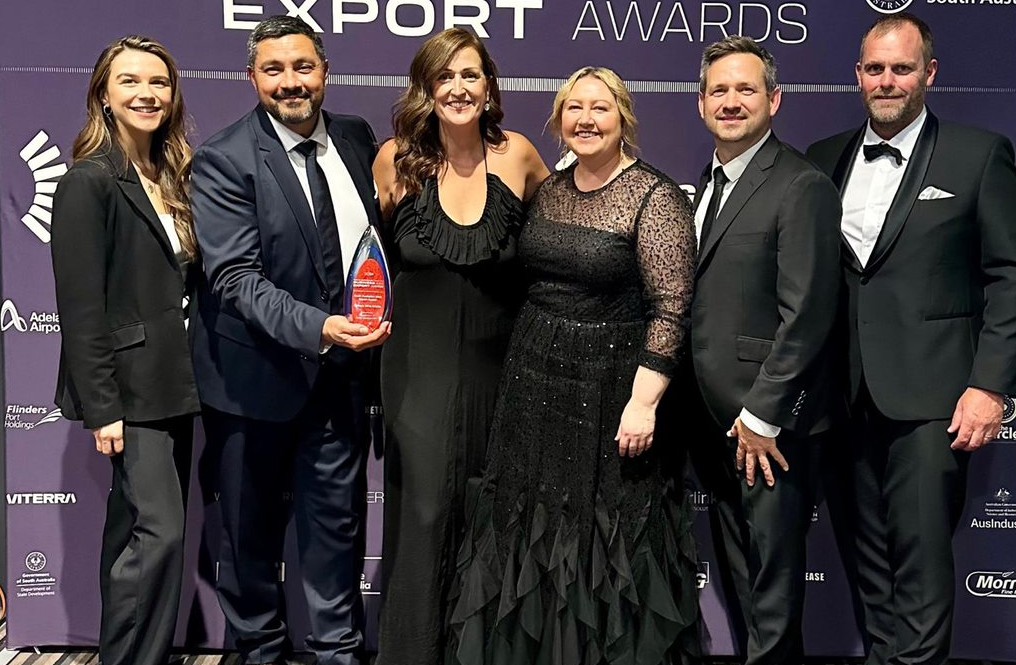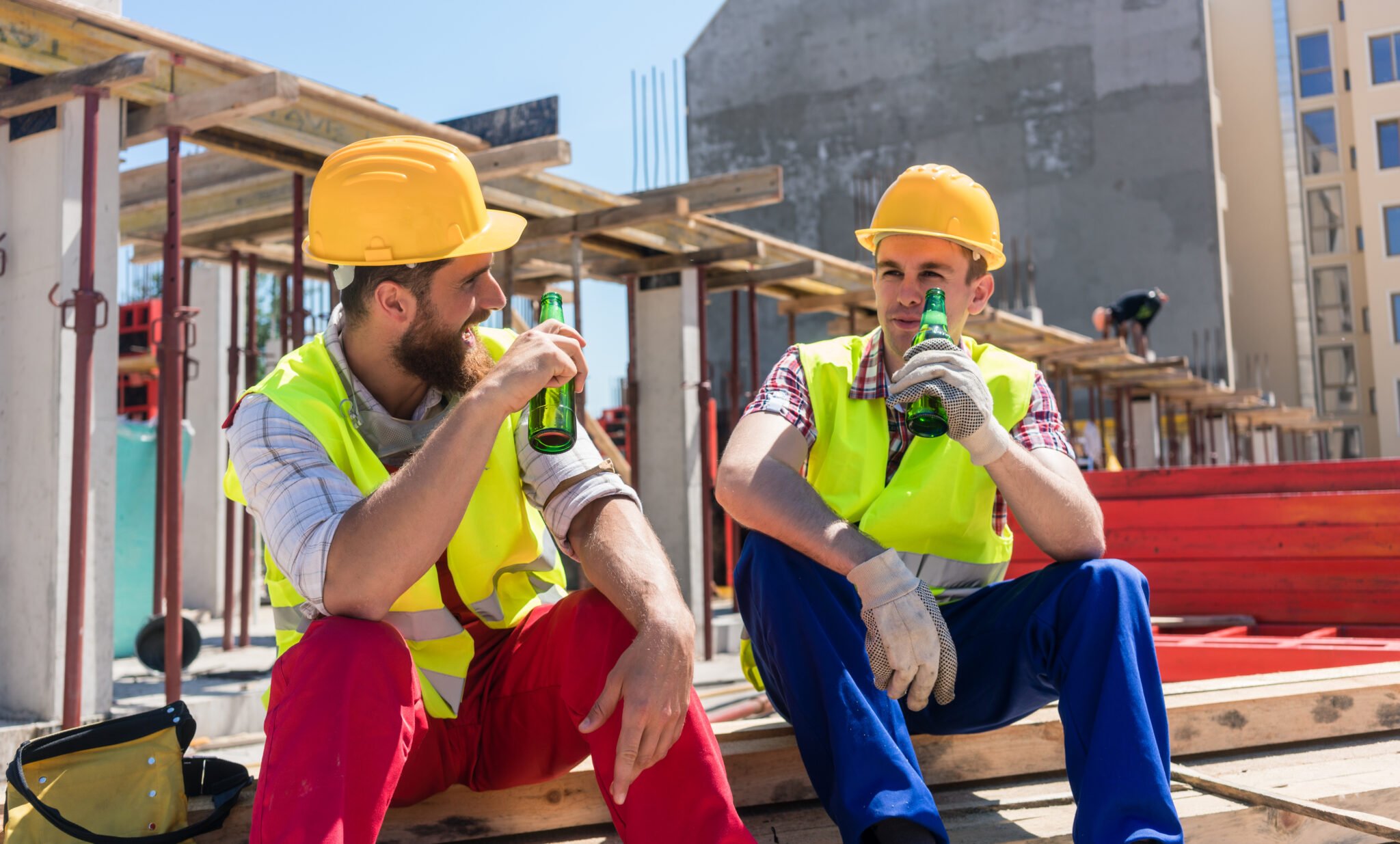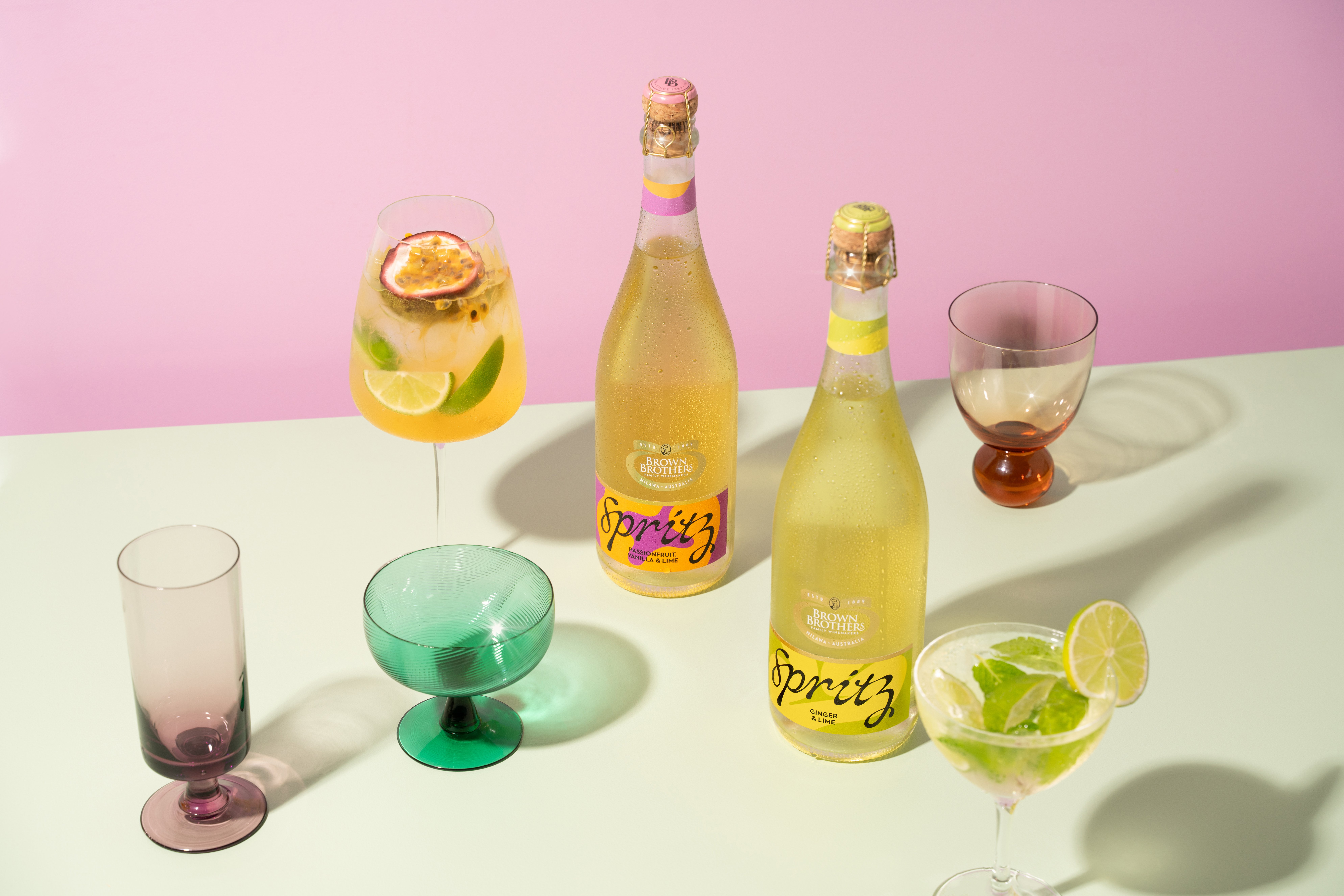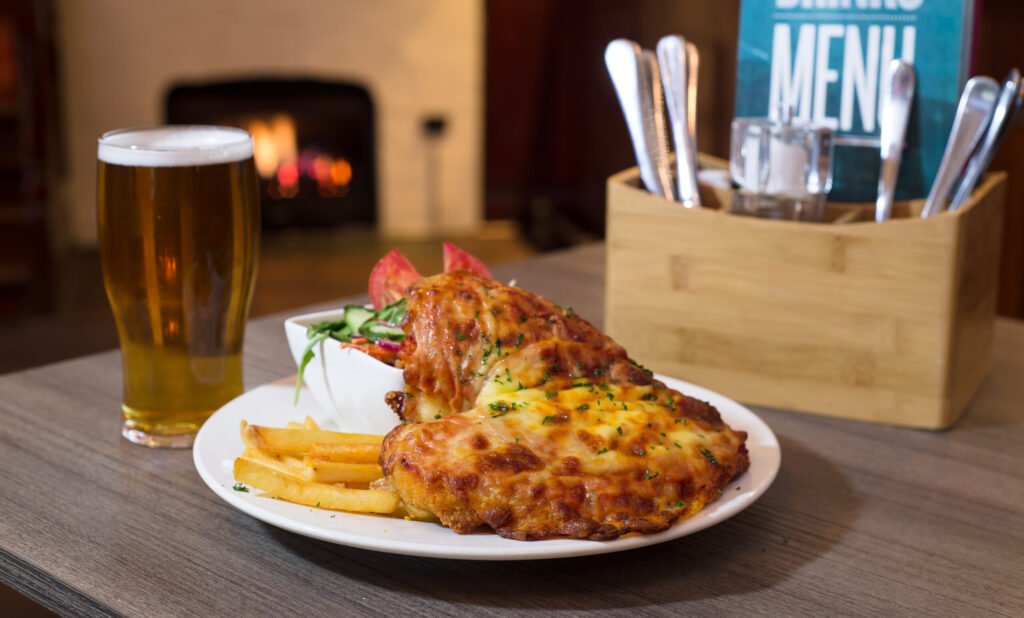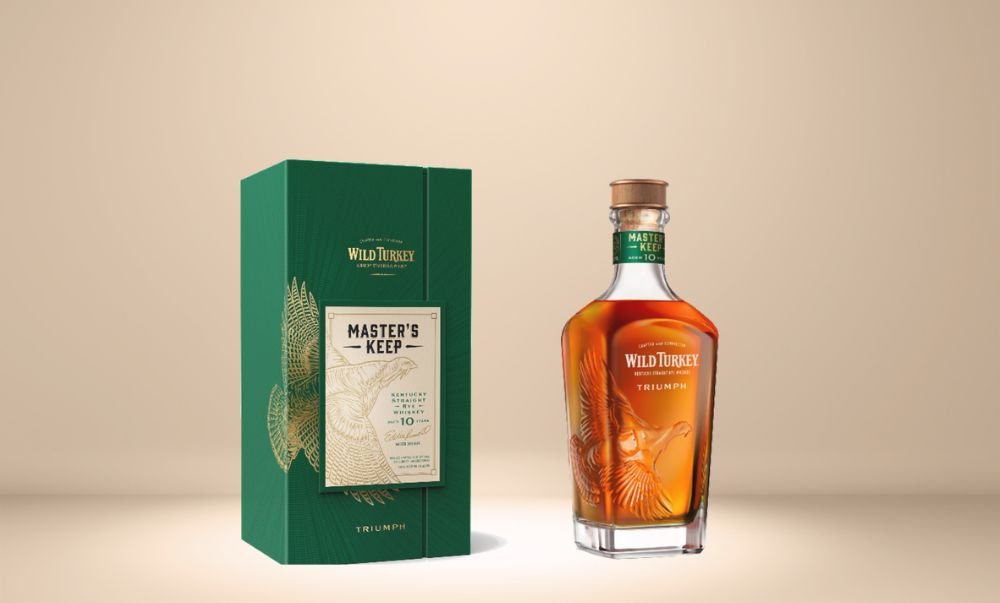Alcoholic seltzer has a rival for the title of most on-trend drinks category, as ginger beer sales surge in Australia.
According to Malcolm Eadie, Brand Director of Premium and Craft at Lion, the ginger beer segment in Australia is currently growing at 51% year on year.
Last month, James Squire embarked on its first venture outside the traditional world of craft beer and cider with its new Ginger Beer.
"James Squire has a strong track record when it comes to innovation in the beer category and we are confident this will be a real catalyst for further growth in ginger beer," Eadie said. "We are already seeing big demand for the product in NSW, Queensland and Western Australia in particular.”
CUB-owned 4 Pines' Brookvale Union Ginger Beer is currently the biggest selling alcoholic ginger beer brand in Australia.
Clemenger BBDO Sydney was recently appointed to the creative account for the brand.
Brookvale Union chief marketing officer Todd Atkinson said: “The team at Clemenger have been awesome to work with on this project – we have thrown the rule book out the window and are having some fun.
"The outcomes promise to be very entertaining and will lift Brookvale Union’s profile significantly in trade and amongst our consumers."
BWS told Brews News it had seen “significant growth” in ginger beer sales, both alcoholic and non-alcoholic.
“More and more Australians are discovering and enjoying lower alcohol and non-alcoholic drinks,” a spokesperson said.
“[Ginger beer] is an exciting category that sees many customers exploring brews through this ‘near beer’ category.”
Australia's top 5 brands
IRI said it is seeing good results coming out of the ginger beer segment, with more than 80% growth posted in the last two years.
Top 5 retail ginger beer brands
- Brookvale Union
- Matso’s Ginger Beer
- Fat Pixie
- Rusty Yak
- Stones
According to IRI, the top 5 brands account for 90% of total segment value and 102% of segment growth in the last 12 months.
Is ginger beer actually beer?
No, ginger beer isn't beer, it's closer to being a cider because of the fermentation process and sugar levels.
As for the difference between ginger beer and ginger ale, traditionally, a true ginger beer is fermented, while ginger ale is just carbonated water flavoured with ginger syrup.
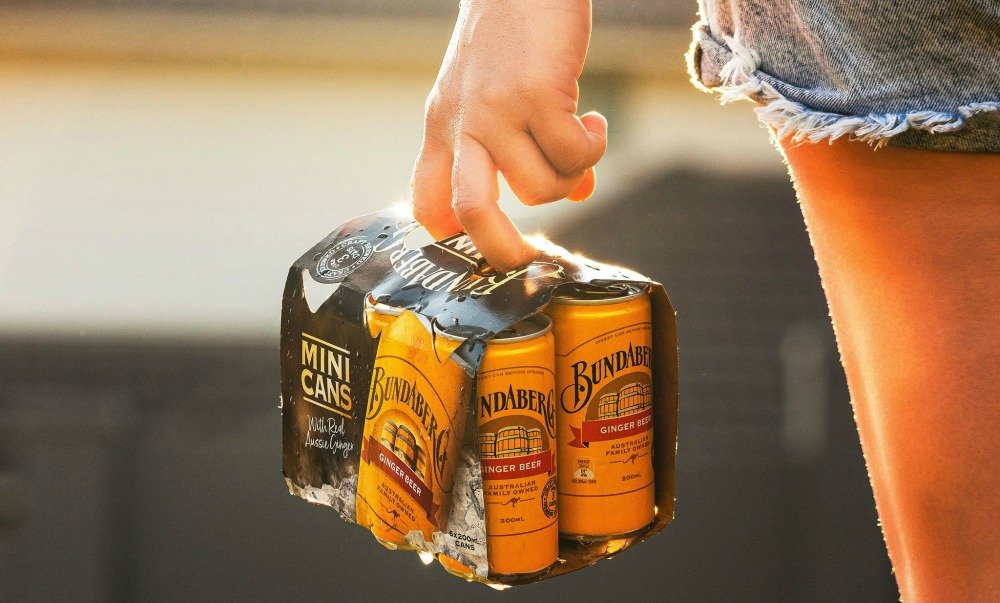
And neither are necessarily alcoholic.
Australian-family owned Bundaberg Brewed Drinks recently celebrated 50 years of brewing non-alcoholic ginger beer and is now sold in more than 59 countries around the world.
The company signed a huge distribution deal in 2018 with Pepsi in the United States that boosted its production by 45%.
The partnership came about as a result of millennials searching for new beverage experiences and authentic brands, quality ingredients, and thoughtful production.
"Across the globe there has been a push towards ‘craft products’ and a rise in demand for ginger beer has been a natural part of this evolving trend," a spokesman for Bundaberg Brewed Drinks said.
"We’re very proud of our commitment to providing Australians with a premium ginger beer. Our three-day brewing process uses real ginger and sugar cane, which we source locally.”
COVID-19 gives ginger drinks a boost
Ginger is one of the oldest spices in existence, dating back to first century Southeast Asia, and is widely regarded as having anti-inflammatory, stomach-soothing properties and aiding digestion.
E-commerce data from software firm Bloomreach shows that the perceived immune system benefits of ginger have led to a boom in ginger-flavoured drinks in the US.
Online ginger ale sales surged 289% year-over-year in the week of March 29 following sizable increases in preceding weeks.
It’s also been flying off the shelves in brick-and-mortar stores according to The New York Post.
Franke Marte, president of the Bodega Association of New York, estimated that sales of various ginger ale products were up about 20% since the coronavirus hit the Big Apple.
Even spirits are getting gingered up
Starward has brought back its limited release Ginger Beer Cask, which uses Australian craft single malt whisky matured for 30 months in a ginger beer barrel.

Share the content
